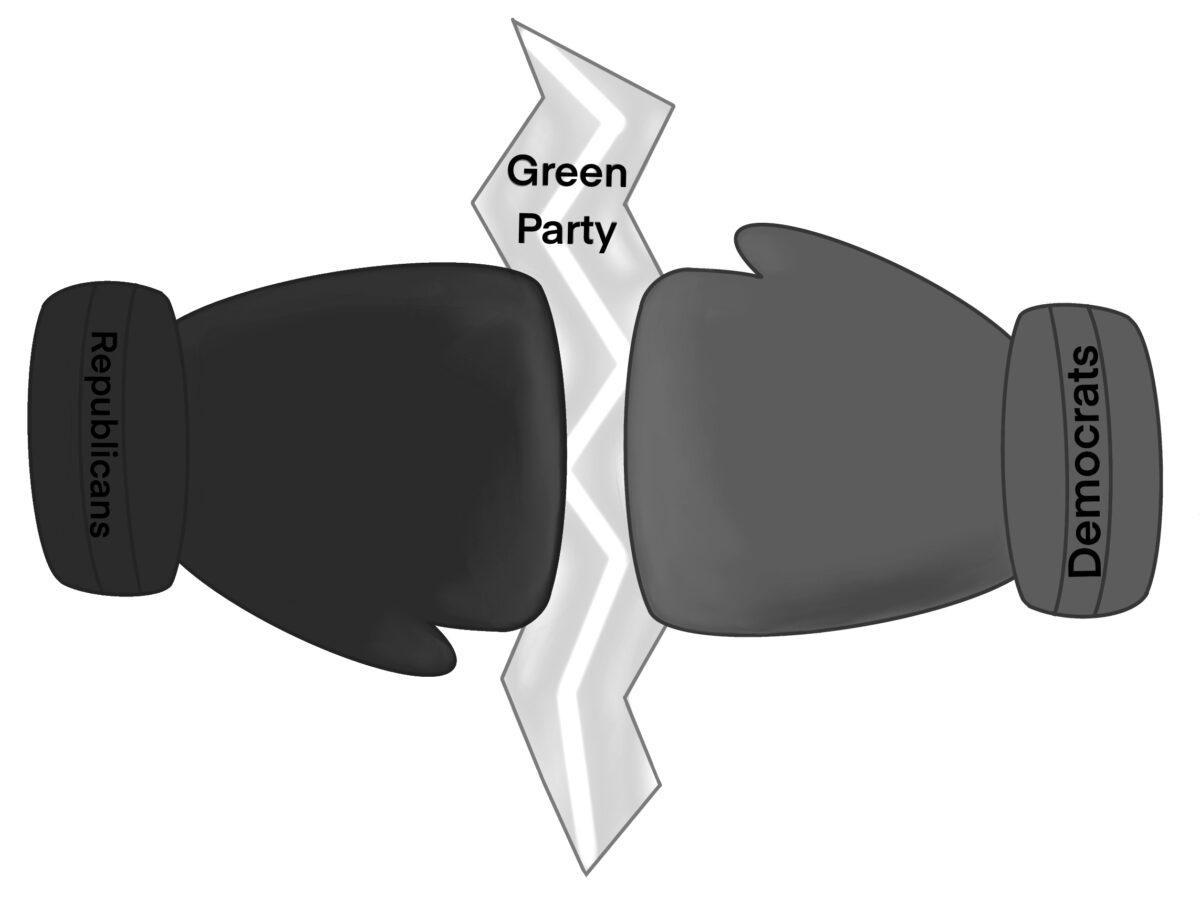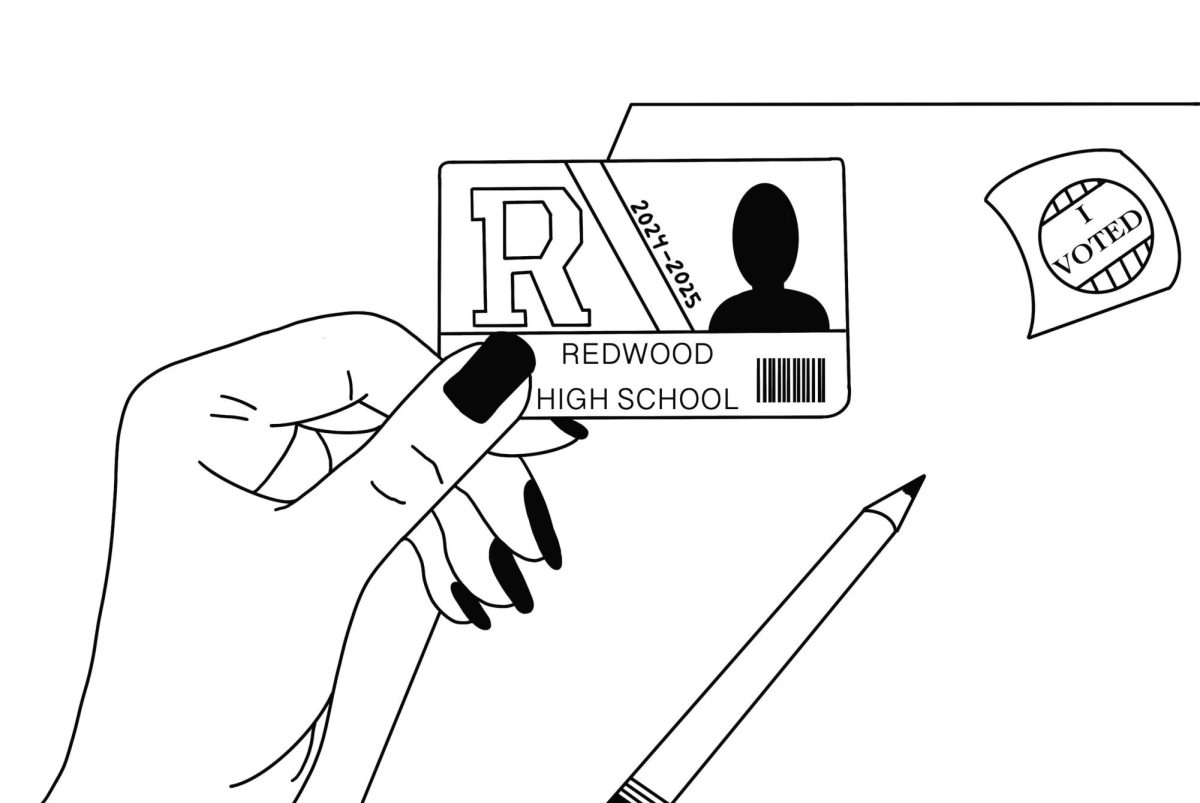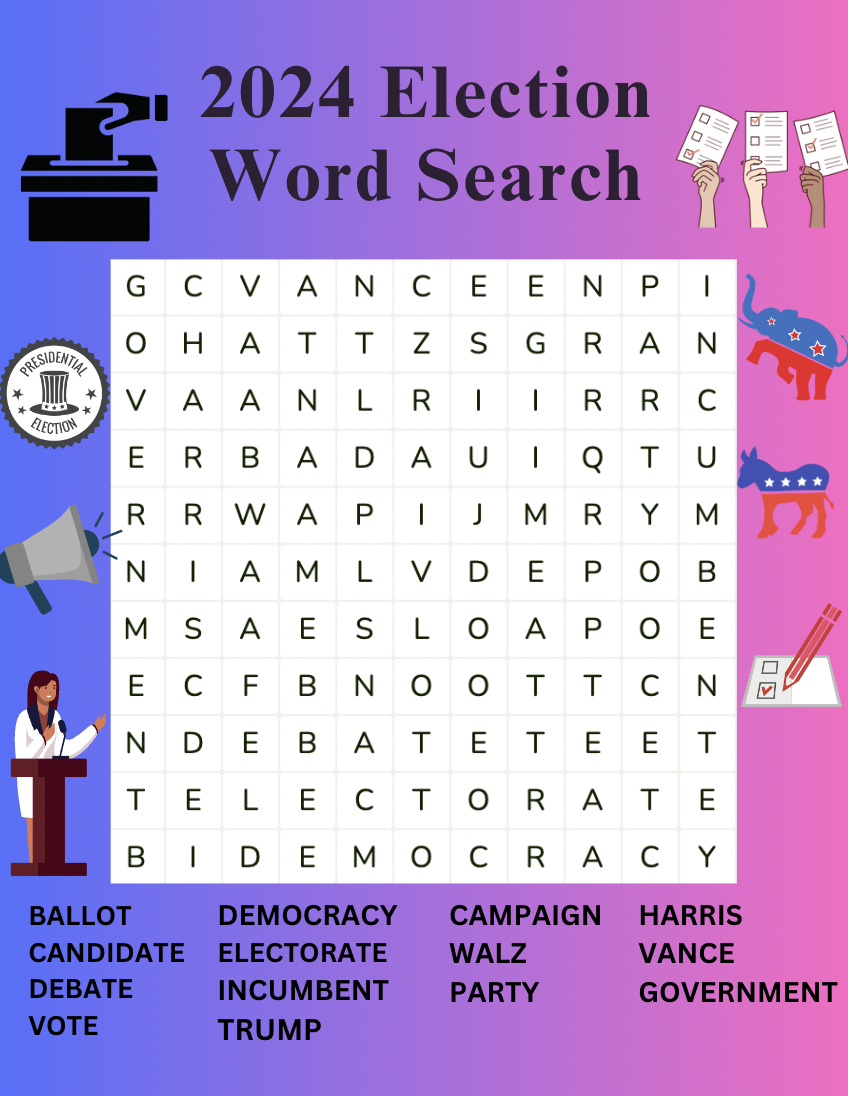Point, Counter-Point: Length of presidential term
With the end of President Obama’s second presidential term and the relative stagnation of political progress, the question comes up of the effectiveness of our current system for presidential terms. The possibility of serving one six-year presidential term has been a popular idea to potentially avoid the pitfalls of the current system, but this change could make it so that a president does not have sufficient time to institute changes.

Six years means more focus on real policy solutions
By Jason Fieber
A presidential campaign is one of the most time-consuming projects that an individual can take on. A campaign for the Oval Office is often launched years before election day and consists of planning tours, travelling across the nation, public speaking, holding rallies and more. Campaigns like this are often implemented at the beginning of a president’s last year in office, and sometimes even the year prior, causing that president to lose valuable time that should be focused on passing effective and appropriate domestic and international policy.
Through the implementation of a six-year term, the president would be able to focus completely on decisions that they believe will help the country rather than whether or not the decision will garner votes. The American people often want tax cuts and increases in spending, so a president looking to be re-elected would be more likely to advocate for these policies, even if the nation was in need of tax increases or decreases in spending. There would also be fewer tax dollars wasted on campaigns, which would allow the president to use those tax dollars to implement domestic changes, and it’s also possible that only electing a president for one six-year term would lessen or eliminate corporate influence on elections, insuring that the American people could truly have their voices heard during elections for important positions in the United States.
Under the current political system, a president must begin a campaign for re-election one or two years into their first term to have a realistic shot at winning. The serving commander-in-chief becomes handcuffed when they become try to attract voters rather than pursue realistic policy changes.
A new campaign can distract presidents from their regular duties. They have to fulfill many different jobs and work to solve both foreign and domestic issues, so it is irrational to assume that the president can run a functioning campaign while still operating at full capacity in the Oval Office. A president in campaign mode would necessarily be delegating some his important functions as head of the country to other people, people to whom the American people have not entrusted these powers. The president should be fully invested in fulfilling their obligations to the entire country rather than planning tours or marketing for an election that is two years in the future.
The current four-year system also forces the president to make an effort to pull votes from the opposite side of the political spectrum in order to be re-elected rather than focusing instead on reaching the goals and the vision that they have for the country. If there was one six-year term, presidents could focus on the policy solutions they considered best, rather than reaching across the aisle to shore up support for a future election.
Presidents are more accountable with four-year terms
By Caroline Cummings
In his last year as president, George Washington established principles that would protect this nation; asserting that this country is at its best when Americans are working collaboratively to create a society of laws, open commerce and separation from wars abroad. In his last year as president, Theodore Roosevelt launched the Great White Fleet, announcing a new era of naval dominance. In his last year as president, Barack Obama halved the unemployment rate from when he inherited it, which currently stands at five percent.
Throughout the history of this nation, presidents have had some of their greatest impacts in their eighth and final year as president, a feat only possible due to our current system of four-year presidential terms, with the possibility of a re-election for a second term. Had they been confined to a single six-year term, these presidents, along with many others, would not have reached the accomplishments that they did. In special cases, such as that of Franklin Delano Roosevelt (FDR), he used four terms to accomplish some great things, including unemployment relief and subsidized mortgages. Had he not been in office for a period of time longer than six years, he would not have been able to accomplish the amazing things he did.
Simply put, six years is too long for a unfit president, and too short for a good one. If the people like their president, they should have the opportunity to vote for him or her to be re-elected, in which case he or she would be in power for eight years at the will of the people. If the people don’t like their president, then they should be confined to only four years in power, because although the president is impeachable, this power is very hard to wield, so the people need more direct control of who leads their nation. This system gives the people of this nation control over the extent of the power of their president, as it should be in a democratic nation.
The proposal of a single six-year presidential term has been prevalent since the creation of our country. In 1787, the Constitutional Convention rejected the idea, and in the years following, persistent proposals by members of Congress for this have been denied as well, and for good reason. The current system of a presidential term of four years, with the opportunity to be re-elected for a second term, should remain, as it gives the opportunity for the people to remove an ineffective president from office in a much shorter length of time, but also to keep an effective president in power for two years more than a six-year term would allow.
The argument for a single six-year term is based on the belief that re-election is an issue that a president in office should not have to deal with, especially in light of the current campaigns and the amount of time and money put into them. This argument claims that one term would free a president from needing high approval ratings, and could do what is best for his or her country.
However, while this argument may seem appealing, at its foundation it is completely against everything this country stands for. It concludes that any president would know what is best for the country without being held accountable by the people. It concludes that a president who disregards the wants and needs of his or her citizens is a superior president. It concludes that the democratic system gets in the way of one man or woman’s ability to make good decisions. The citizens of the United States are able to make solid, sound decisions, among them electing the President, to multiple terms if necessary. A President should have to prove themselves to the American people, and work to maintain that approval.
American democracy asserts that it is the duty of the President not to ignore the concerns and desires of the people, but to abide by them. It maintains that if the President is accountable to the people, that is when he or she will do the best job that they can as the leader of this nation.
While the call for a single six-year Presidential term may sound superficially appealing, it is important to look at its core and realize the utter anti-democratic beliefs that hold this argument together. Two possible terms of four years obeys the democratic system that our country was founded on while keeping presidents accountable for their actions.








